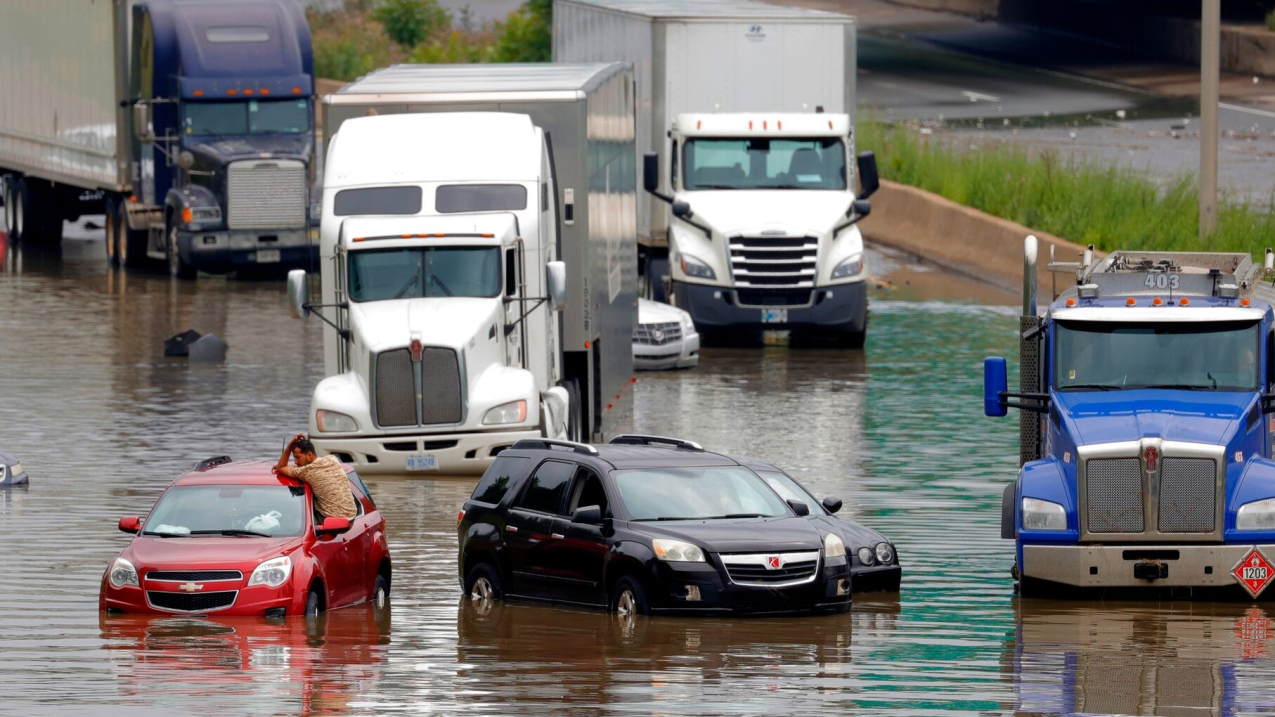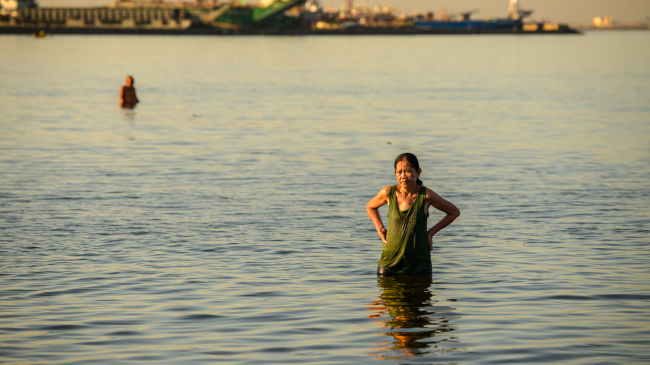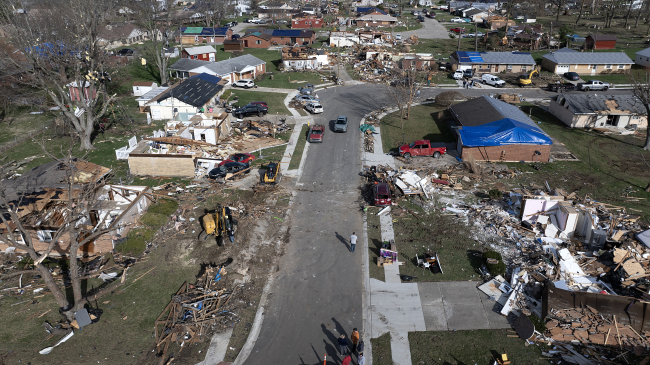Pilot project to study how urban flooding affects historically disadvantaged communities

Detroit suffered massive flooding in 2014, 2016, 2019 and 2021. Flood events occurring over such a short span of time are exhausting for citizens, and have caused economic, environmental, emotional, psychological and financial hardship on residents and damaged public facilities, museums and schools across the city. (Image credit: City of Detroit)
NOAA and partners are launching a new pilot project to develop methods for integrating equity into planning decisions and to make transportation systems in southeast Michigan more resilient to flooding impacts from climate change.
The pilot project, “Climate and Equity Centered Transportation Planning for Southeast Michigan,” includes an investment of more than $150,000 from NOAA across fiscal year 2022-2023. This pilot was developed through a partnership between NOAA, the Southeast Michigan Council of Governments offsite link (SEMCOG), Fernleaf Interactive offsite link and the Cooperative Institute for Great Lakes Research offsite link.
The project focuses on better understanding how disruptions to transportation access during major urban flooding events affect historically disadvantaged communities. This work will support transportation project decisions that advance equity and climate resilience in the seven-county southeast Michigan region. The partnership is also conducting data analytics to examine how equity and climate resilience are factored into transportation project selection and prioritization.
“Safe and effective transportation is critical for healthy communities and a vibrant economy,” said Deputy Secretary of Commerce Don Graves. “Using NOAA’s climate science expertise to plan for transportation options that can withstand hazards such as urban flooding provides support to our most vulnerable communities in southeast Michigan.”
The results of the pilot project will be shared with federal aid committees working at the local level to prioritize transportation improvement projects. Results will also support SEMCOG’s Regional Transportation Plan, Transportation Improvement Program and 2020 Climate Resiliency and Flooding Mitigation Study.
This work will also advance conversations between NOAA and the U.S. Department of Transportation, informing a national conversation about how to integrate equity-centered climate resilience into transportation planning processes.
“This collaborative effort demonstrates how NOAA puts equity into action by working with communities from start to finish to provide meaningful insight and information about their local climate risks,” said NOAA Administrator Rick Spinrad, Ph.D. “Ensuring that vulnerable and historically disadvantaged communities can be more intentionally considered when transportation decisions are made is an important step toward resilience.”
“The NOAA climate and equity roundtable provided valuable insight into the unique and shared challenges of local communities and neighborhoods in the southeast Michigan region challenged by major road flooding after severe storm events, and which are getting worse,” said Amy O’Leary, Executive Director of the Southeast Michigan Council of Governments. “SEMCOG was proud to participate in the 2021 roundtable, and we are excited for this pilot project to support decision-makers with valuable data to improve climate resilience and social equity in transportation projects.”
The pilot project was developed in response to feedback received during a 2021 climate and equity roundtable focused on urban flooding in Detroit, Michigan. It is part of NOAA’s investment in seven pilot projects happening around the country in the coming years that respond directly to feedback from vulnerable communities and bridge organizations to help them better understand, prepare for and respond to climate change. Learn more about the six other pilot projects and NOAA’s environmental justice efforts.
Media contacts
SEMCOG: Trevor Layton, layton@semcog.org, (313) 580-6195
NOAA Communications: Kate Silverstein, katherine.silverstein@noaa.gov, (202) 603-9651
NOAA Climate Program Office: Ned Gardiner, ned.gardiner@noaa.gov, (828) 989-2885



